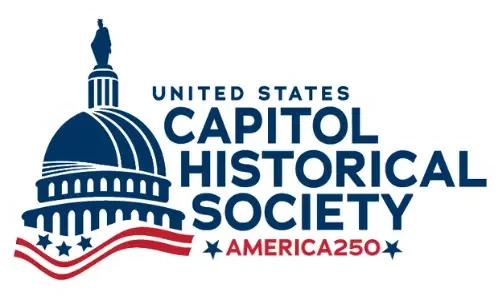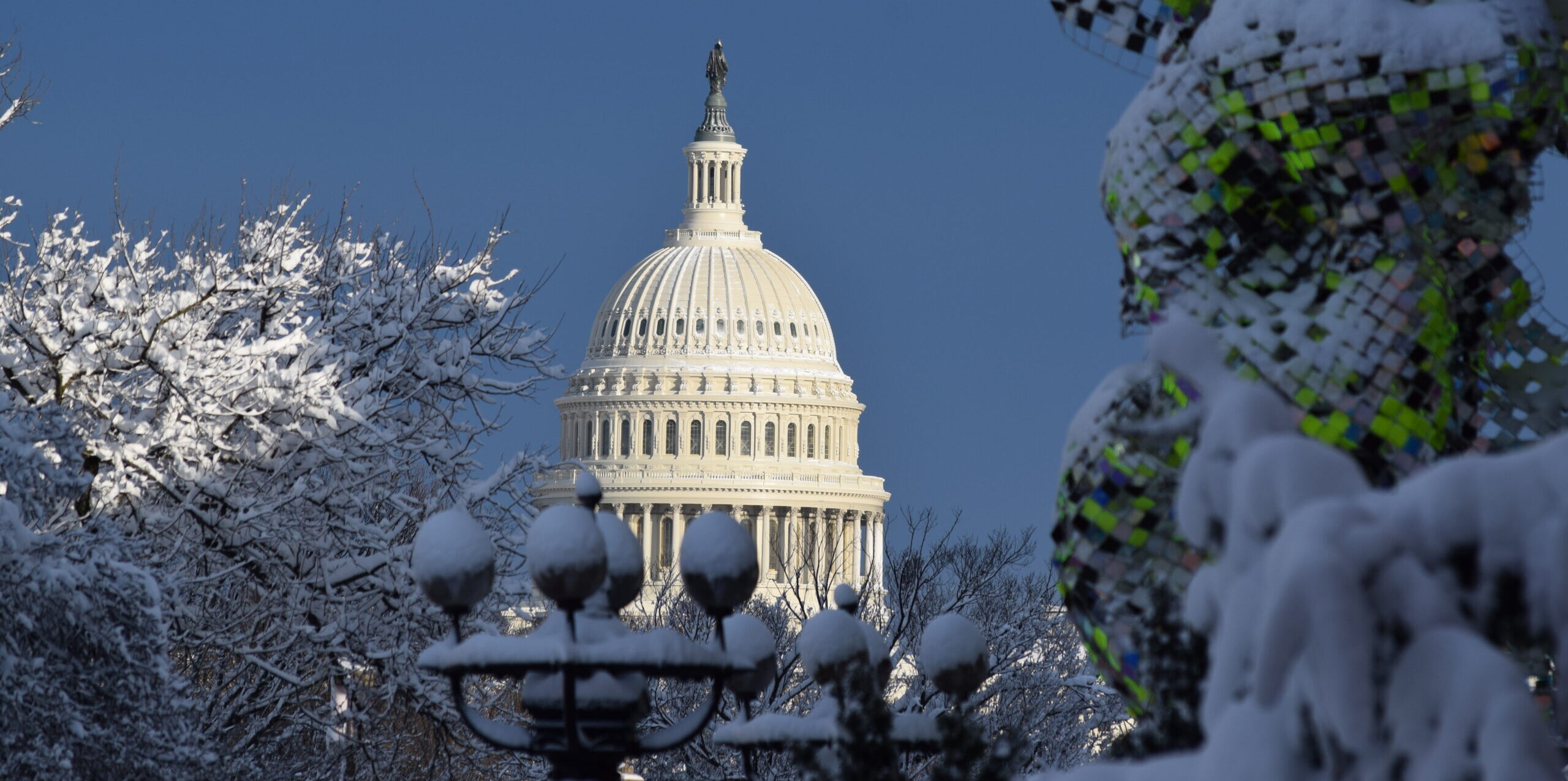Members of the U.S. Capitol Historical Society honored the Senate Banking, Housing, and Urban Affairs Committee at a gala dinner in the Russell Senate Caucus Room on the evening of June 16, 2004. Chairman Richard C. Shelby and Ranking Democratic Member Paul Sarbanes joined their colleagues in paying tribute to the history of this key congressional committee.
Although the Senate Committee on Banking, Housing, and Urban Affairs has only been in existence for a short while, its antecedents extend back to the origins of the Federal Reserve System in the early twentieth century. The 95th Congress established the Banking, Housing, and Urban Affairs Committee on October 26, 1970, replacing the previous Senate Committee on Banking and Currency, which had been established by the 63rd Congress on May 22, 1913.
Senate historian Richard Baker has described the creation of the Committee on Banking and Currency in one of his informative Senate Historical Minutes as follows: “Until 1913, the Senate operated without a banking committee. Unlike the House of Representatives, which had created its own banking panel in 1865, the Senate chose to refer banking and currency legislation to its Committee on Finance. When the Senate finally made its move on May 22, 1913, the two most responsible forces were Oklahoma Senator Robert Owen and that year’s pending Federal Reserve Act.”
In addition to the Federal Reserve Act of 1913, the Committee on Banking and Currency worked on several key legislative acts prior to the 1970s, including the 1927 McFadden Act that established state insurance regulation and barred interstate banking; the 1933 Glass-Steagall Act that separated commercial and investment banking; the 1935 Banking Act that formalized federal deposit insurance, including making the FDIC a permanent government agency; the 1956 Bank Holding Company Act that brought bank holding companies under federal supervision; and the 1966 Bank Merger Act that set uniform standards for the banking agencies, the Justice Department, and the courts to assess a merger’s legality.
Since its establishment in 1970, the committee’s legislative record includes the 1977 Community Reinvestment Act that required banks and thrifts to lend in the communities from which they take their deposits; the 1980 Depository Institutions Deregulation and Monetary Control Act that phased out interest rate ceilings on deposits, expanded thrift powers, and raised deposit insurance coverage to $100,000; the 1982 Garn-St. Germain Act that further deregulated thrifts; the 1987 Competitive Equality Banking Act that made an initial attempt to bolster FSLIC, put time limits on clearing checks, and closed a loophole that let nonbanks charter limited purpose banks; the 1989 Financial Institutions Reform, Recovery, and Enforcement Act that created a new, recapitalized thrift insurance fund and the Resolution Trust Corporation to sell assets of failed thrifts; the 1992 FDIC Improvement Act that ordered federal regulators to close banks when capital reaches two percent and mandated risk-based pricing for deposit insurance; the 1994 Riegle-Neal Interstate Banking and Branching Efficiency Act that permitted interstate expansion; the 1999 Gramm-Leach-Biley Act that allowed financial holding companies to offer banking, securities, and insurance products under one corporate roof and established sweeping consumer privacy protections; the 2001 Uniting and Strengthening America by Providing Appropriate Tools Required to Intercept and Obstruct Terrorism Act of 2001, ("USA PATRIOT Act") that contains strong measures to prevent, detect, and prosecute terrorism and international money laundering; and the 2002 Sarbanes-Oxley Act that includes far-reaching changes in federal securities regulation.


